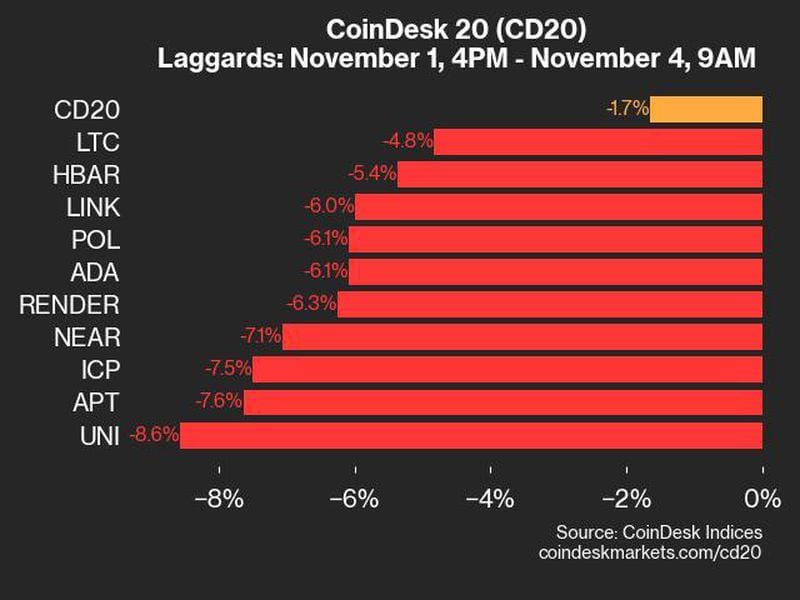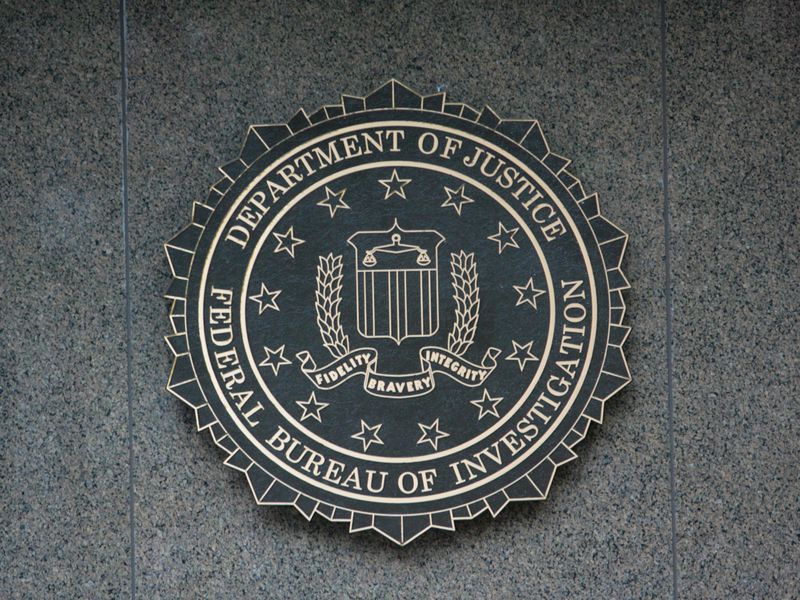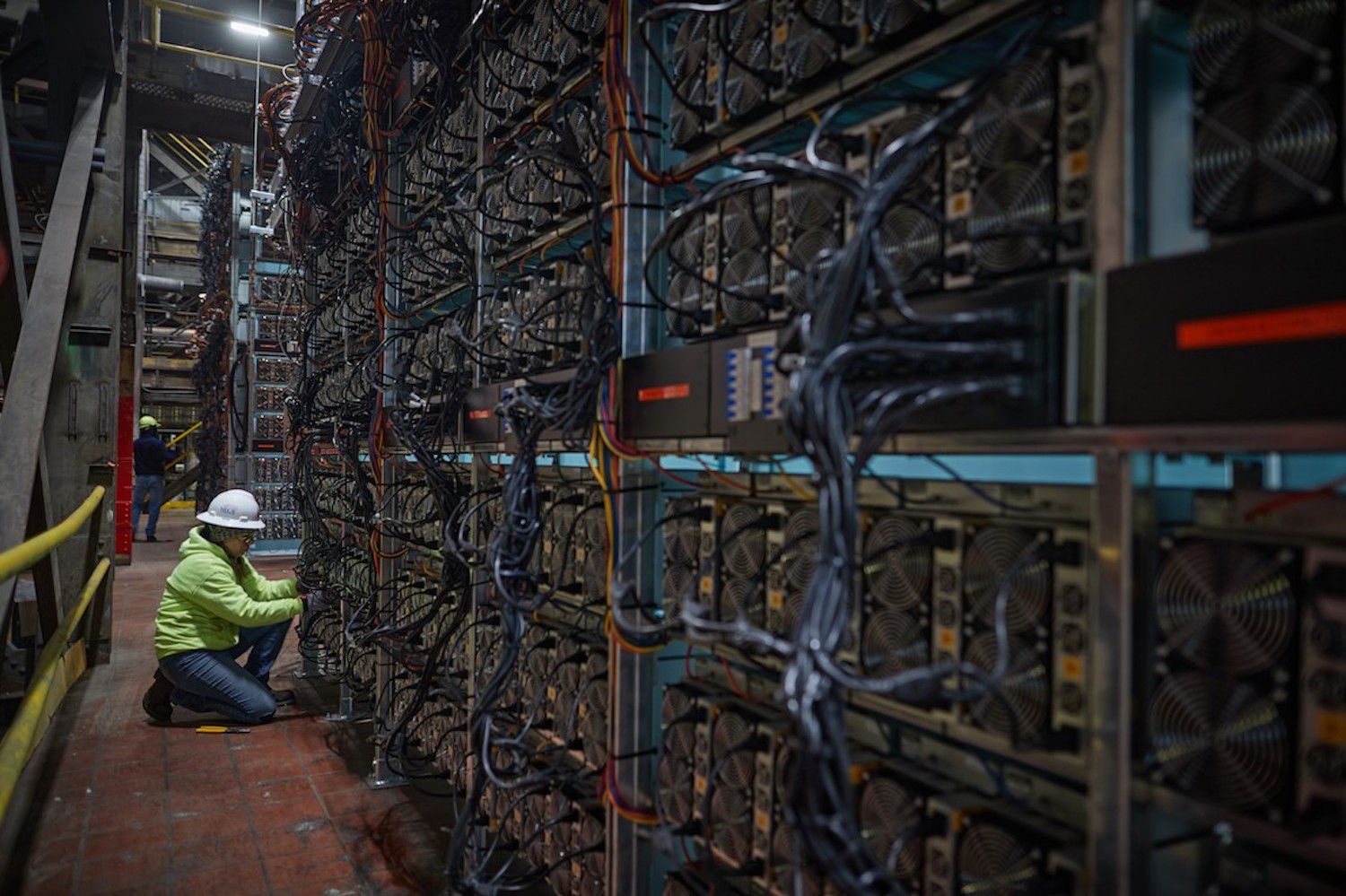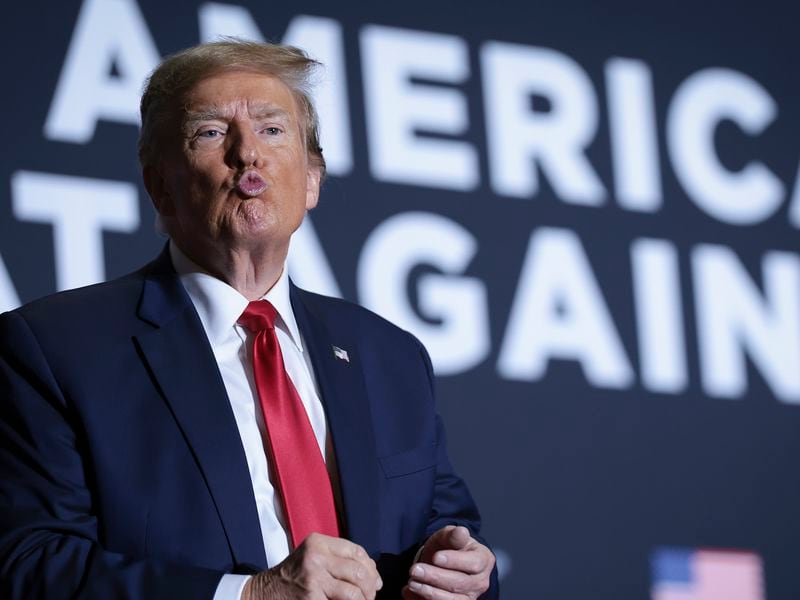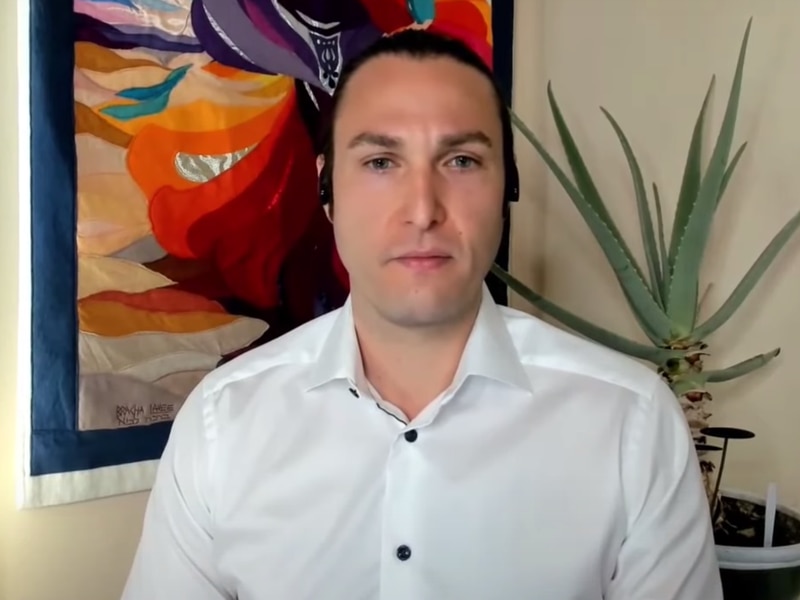How an Appeals Court Ruled on an Aspiring Class-Action Lawsuit Against Binance
A federal appeals court ruled last week that Binance needs to face a putative class-action lawsuit from a group of U.S.-based crypto investors who allege the exchange allowed them to buy and trade unregistered securities in the form of certain cryptocurrencies. The ruling doesn’t make a determination on whether the tokens are indeed securities or not, but it’s significant in broader securities cases nonetheless.
You’re reading State of Crypto, a CoinDesk newsletter looking at the intersection of cryptocurrency and government. Click here to sign up for future editions.
Appeals court ruling
The narrative
An appeals court revived a putative class-action lawsuit filed by a group of crypto investors against Binance last week, ruling that a district judge had erred in dismissing the case as being filed in the wrong jurisdiction and after the statute of limitations had expired.
Why it matters
Binance spent a few years claiming it was headquartered nowhere, an argument the appeals court judges did not find compelling. The judges ruled that domestic securities laws still apply to transactions on exchanges based outside the U.S., which will have far-reaching implications (for example: the U.S. Securities and Exchange Commission’s suit against the exchange). It’s also worth noting that this is an appeals court ruling, giving it greater weight (as a precedent) than a mere district court ruling.
Breaking it down
Last week, an appeals court ruled that a crypto exchange, even if it says it isn’t based in the U.S., may still be subject to U.S. laws if there’s enough of a connection to the U.S. In a putative class action lawsuit filed against global crypto exchange Binance, that nexus turned out to be just sufficient enough that a trio of judges found a group of crypto investors had enough standing to bring a lawsuit against the exchange.
There were two main aspects to the ruling. One addresses timeliness, while the other addresses extraterritoriality (a word I have, so far, been unable to pronounce).
Judges Pierre N. Leval, Denny Chin and Alison J. Nathan applied another court precedent, Morrison v. National Australia Bank, to say that the factors that matter are where the users placed the trades, where they paid for them and where they took on the terms of service – in the case of the plaintiffs in this suit, that’s within various U.S. states.
“First, Plaintiffs have adequately alleged that their claims involved domestic transactions because they became irrevocable within the United States and are therefore subject to our securities laws,” the judges said. “Second, Plaintiffs’ federal claims are timely insofar as they relate to transactions that occurred during the year before they filed suit because their federal claims all require a completed transaction and therefore could not have accrued before the transactions were made. Finally, we vacate as premature the district court’s conclusion that there was an insufficient nexus between the named Plaintiffs’ claims and the states whose laws govern the claims of putative absent class members.”
The fact that there is no non-U.S. jurisdiction for the plaintiffs to sue in also bolstered their case, the judges seemed to indicate. And the same arguments support the role of state law claims, the judges wrote.
“We conclude that, at this early stage of the litigation, Plaintiffs have plausibly alleged that matching occurred in the United States,” the ruling said.
Binance tried to argue that it was a decentralized exchange and therefore U.S. courts did not have jurisdiction. The judges did not agree. Further down, they added that the plaintiffs also made a compelling argument that the token orders were placed within the U.S. because of where Binance’s servers are.
“We conclude that the complaint plausibly alleges that matching occurred on ‘the infrastructure Binance relies on to operate its exchange,'” the ruling said – in this case, Amazon Web Services servers in California.
The judges also ruled that the plaintiffs had plausibly alleged that they filed the suit within the statute of limitations, which did not begin until they actually bought the tokens in question.
Attorneys with the SEC have already filed the ruling as supplemental authority in the regulator’s own case against Binance to dispute arguments Binance and founder Changpeng Zhao made to support their motion to dismiss.
“Binance and Zhao cited a district court’s dismissal of a private securities class action against them, Anderson v. Binance, in support of their dismissal arguments here,” the filing said, adding the opinion as an exhibit.
Stories you may have missed
-
COPA v. Wright: What’s at Stake as the Trial to Determine Satoshi’s Identity Wraps Up
: Attorneys representing a group of bitcoin developers and companies in the sector have battled with attorneys representing Craig Wright over whether or not he really is Bitcoin creator Satoshi Nakamoto. If the industry group wins, they’ll try and block Wright from suing or claiming intellectual property rights over Bitcoin in future. If he wins, he’ll have a leg up in future suits.
This week
:format(jpg)/cloudfront-us-east-1.images.arcpublishing.com/coindesk/QOBRHZKJYVASDIOJYFYLOUHTHY.jpg)
-
10:00 UTC (10:00 a.m. GMT) Attorneys representing the Crypto Open Patent Alliance
kicked off closing arguments
in their case against Craig Wright.
-
The Department of Justice will file its own briefs on Sam Bankman-Fried’s sentencing.
Elsewhere:
-
(
The Wall Street Journal
) Binance Head of Financial Crime Compliance Tigran Gambaryan and regional manager for Africa Nadeem Anjarwalla were detained by Nigerian authorities, seemingly because the country is blaming Binance and crypto more broadly for a local currency crisis.
-
(
The Daily Beast
) It is true that commercial flights
are safer now
than at any point in history. It’s also true that despite this, there’s usually incidents happening pretty frequently (check out
VASAviation
on YouTube, for example). And it’s especially true that United Airlines just had a pretty unfortunate week, with seven different flights having to divert or get stuck. This includes a flight last week when an engine suffered
a compressor stall
(a United spokesperson sent me a statement saying the engine sucked in bubble wrap), another flight where
a tire fell off a plane
on departure and a third where a plane
skidded off the runway
, apparently because it tried make a turn faster than usual while the runway was slick. I’m not sure the extent to which this is an artifact of people just paying more attention (there are
a lot of flights
every day) vs. United just having
a spectacularly poor week
. Also worth noting: None of these incidents were fatal.
-
(
The New York Times
) Boeing and Spirit Aerosystems, which manufactures fuselages and other components for both Boeing and Airbus, failed several audits (33/89 for Boeing, 6/13 for Spirit) conducted by the Federal Aviation Administration over a six-week period, the Times reports. (Disclosure: I hold Airbus ADRs.)
-
(
Puck News
) Block (formerly Square) CEO and Twitter (now X) founder Jack Dorsey intended to donate $5 million in bitcoin to Robert Kennedy, who’s now mounting a third-party bid for President.
:format(jpg)/cloudfront-us-east-1.images.arcpublishing.com/coindesk/7XT7RM7XJNE6PCMUDLA5WN7ZAU.jpg)
If you’ve got thoughts or questions on what I should discuss next week or any other feedback you’d like to share, feel free to email me at nik@coindesk.com or find me on Twitter @nikhileshde.
You can also join the group conversation on Telegram.
Edited by Danny Nelson.

